Home>Gardening & Outdoor>Pool & Spa Care>What Can Happen If You Stay In A Hot Tub Too Long
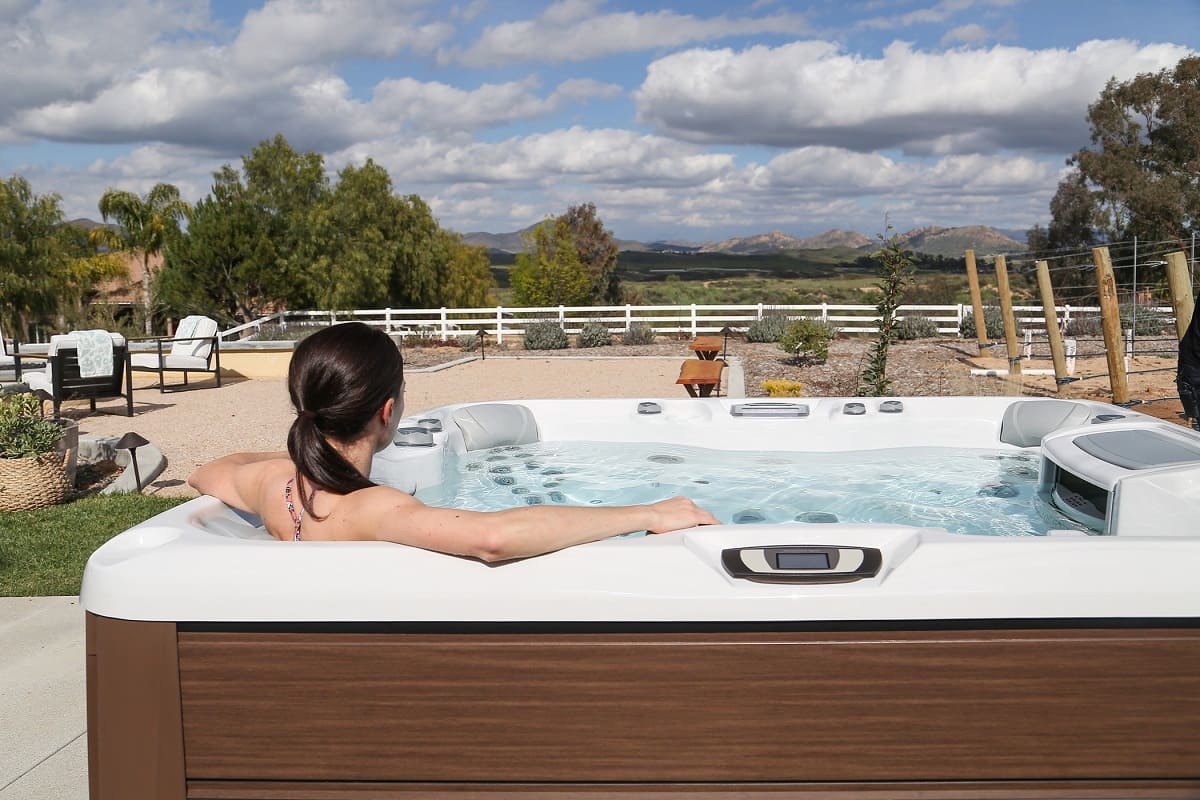

Pool & Spa Care
What Can Happen If You Stay In A Hot Tub Too Long
Modified: January 6, 2024
Discover the potential risks of staying in a hot tub for extended periods. Learn how to practice proper pool and spa care to ensure a safe and enjoyable experience.
(Many of the links in this article redirect to a specific reviewed product. Your purchase of these products through affiliate links helps to generate commission for Storables.com, at no extra cost. Learn more)
**
Introduction
**
So, you've had a long day, and all you want to do is sink into the warm, soothing embrace of your hot tub. It's a tempting prospect, isn't it? However, as with most good things in life, moderation is key. While a leisurely soak in a hot tub can be incredibly relaxing and beneficial for your well-being, spending too much time in one can lead to a range of potential health risks.
In this article, we'll delve into the potential hazards of prolonged hot tub use. It's crucial to understand these risks so that you can enjoy your hot tub safely and responsibly. From heat-related illnesses and dehydration to skin irritation and the impact on blood pressure, we'll explore the various consequences of overstaying your welcome in the warm waters of your beloved hot tub. So, let's jump in (figuratively, of course) and uncover what can happen if you stay in a hot tub too long.
Key Takeaways:
- Soaking in a hot tub for too long can lead to heat-related illnesses, dehydration, skin irritation, and muscle weakness. Enjoy your hot tub responsibly by setting time limits and staying hydrated.
- Prolonged hot tub use can impact blood pressure and increase the risk of infections. Prioritize moderation, hydration, and hygiene to enjoy the benefits while safeguarding your well-being.
The Risks of Prolonged Hot Tub Use
While hot tubs offer a luxurious retreat and numerous health benefits, spending an excessive amount of time in one can pose significant risks to your well-being. It’s important to be aware of these potential hazards to ensure that your hot tub sessions remain enjoyable and safe.
Extended periods of immersion in hot tubs can lead to a range of health issues, primarily due to the elevated water temperature and prolonged exposure to heat. From heat-related illnesses and dehydration to skin irritation and the impact on blood pressure, it’s essential to understand the potential consequences of lingering in a hot tub for too long.
By being mindful of these risks, you can make informed decisions about the duration of your hot tub sessions and take necessary precautions to safeguard your health. Let’s explore in detail the various hazards associated with prolonged hot tub use and gain a deeper understanding of how to enjoy this beloved pastime responsibly.
Heat-Related Illnesses
One of the primary risks of spending too much time in a hot tub is the potential for heat-related illnesses. Prolonged exposure to high temperatures can lead to overheating, which may manifest in various forms of heat-related ailments.
Heat exhaustion is a common concern for individuals who remain in a hot tub for an extended period. Symptoms of heat exhaustion include profuse sweating, weakness, nausea, dizziness, and an elevated heart rate. If left unaddressed, heat exhaustion can progress to heat stroke, a severe and life-threatening condition characterized by a body temperature above 103°F (39.4°C), confusion, unconsciousness, and hot, dry skin.
Moreover, individuals with preexisting health conditions, such as cardiovascular issues or respiratory disorders, are at a heightened risk of experiencing adverse effects from prolonged heat exposure. It’s crucial to recognize the signs of heat-related illnesses and promptly seek medical attention if symptoms persist or worsen.
To mitigate the risk of heat-related ailments, it’s advisable to limit hot tub sessions to a reasonable duration and take periodic breaks to cool down. Additionally, staying well-hydrated and being mindful of the ambient temperature can help prevent the onset of heat-related illnesses.
By understanding the potential dangers of overheating in a hot tub, individuals can prioritize their well-being and enjoy the relaxing benefits of hydrotherapy without compromising their health.
Dehydration and Electrolyte Imbalance
Another significant risk associated with prolonged hot tub use is the potential for dehydration and electrolyte imbalance. The combination of elevated water temperature and immersion in a hot tub can lead to excessive sweating, resulting in the loss of fluids and essential electrolytes from the body.
Dehydration, if not addressed promptly, can have detrimental effects on overall health and well-being. Symptoms of dehydration may include dry mouth, fatigue, lightheadedness, and decreased urine output. In severe cases, dehydration can lead to confusion, rapid heartbeat, and fainting, necessitating immediate medical attention.
Furthermore, the loss of electrolytes, such as sodium, potassium, and magnesium, through perspiration can disrupt the body’s delicate balance of essential minerals. An electrolyte imbalance can manifest in symptoms such as muscle cramps, weakness, and irregular heart rhythms, posing a potential risk to cardiovascular health.
To mitigate the risk of dehydration and electrolyte imbalance during hot tub sessions, it’s crucial to stay well-hydrated by consuming adequate amounts of water before, during, and after soaking in the hot tub. Additionally, replenishing electrolytes through balanced nutrition or specialized electrolyte-enhanced beverages can help maintain the body’s electrolyte levels within a healthy range.
By being mindful of the potential for dehydration and electrolyte imbalance, hot tub enthusiasts can prioritize hydration and electrolyte replenishment to safeguard their well-being while indulging in the therapeutic warmth of their hot tub.
Limit your time in a hot tub to 15-30 minutes to avoid overheating. Take breaks to cool down and stay hydrated to prevent dizziness, nausea, and heat exhaustion.
Skin Irritation and Infections
Prolonged immersion in a hot tub can potentially lead to skin irritation and increase the risk of developing infections. The combination of warm water, prolonged moisture exposure, and the presence of bacteria and other microorganisms in hot tubs can contribute to various dermatological concerns.
One common issue associated with prolonged hot tub use is hot tub folliculitis, also known as “hot tub rash.” This condition arises from the colonization of hair follicles by certain bacteria present in inadequately sanitized hot tub water, resulting in itchy, red bumps on the skin. Additionally, extended exposure to chlorinated water in hot tubs can strip the skin of its natural oils, leading to dryness, itching, and potential irritation.
Furthermore, the warm and moist environment of hot tubs can create an ideal breeding ground for bacteria and fungi, increasing the risk of skin infections. Conditions such as athlete’s foot and ringworm may thrive in such environments, potentially leading to discomfort and requiring medical intervention to address.
To mitigate the risk of skin irritation and infections, it’s essential to maintain proper hot tub maintenance and water hygiene. Regular cleaning, disinfection, and monitoring of water pH and chlorine levels can help minimize the proliferation of harmful microorganisms, reducing the likelihood of skin-related issues.
Additionally, practicing good personal hygiene, such as showering before and after hot tub use and promptly drying off, can help minimize the risk of skin problems. By prioritizing cleanliness and skin care, individuals can enjoy the therapeutic benefits of hot tubs while minimizing the potential for skin irritation and infections.
Read more: What Happens If PH Is Too High In Hot Tub
Impact on Blood Pressure
Extended periods of immersion in a hot tub can have a notable impact on blood pressure, particularly for individuals with preexisting cardiovascular conditions or those who are susceptible to fluctuations in blood pressure levels.
The warm water and heat in a hot tub can cause blood vessels to dilate, leading to a drop in blood pressure. While this effect can be beneficial for individuals with hypertension, it may pose risks for those with low blood pressure or individuals prone to orthostatic hypotension, a condition characterized by a sudden drop in blood pressure upon standing up.
For individuals with cardiovascular concerns, prolonged exposure to the heat of a hot tub can potentially strain the heart and circulatory system, particularly if the body’s core temperature becomes excessively elevated. This can lead to increased cardiac output and potential discomfort for individuals with compromised cardiovascular function.
It’s important for individuals with known heart conditions or blood pressure issues to exercise caution and consult with a healthcare professional before engaging in prolonged hot tub sessions. Monitoring blood pressure before, during, and after hot tub use can provide valuable insights into the effects of heat and immersion on cardiovascular health.
To mitigate the potential impact on blood pressure, it’s advisable to limit the duration of hot tub sessions, especially for individuals with underlying cardiovascular concerns. Taking breaks to cool down and being mindful of overall well-being can help individuals enjoy the therapeutic benefits of hot tubs while minimizing the potential risks associated with blood pressure fluctuations.
Muscle Weakness and Fatigue
Prolonged immersion in a hot tub can lead to muscle weakness and fatigue, particularly when the body is exposed to elevated temperatures for an extended period. The combination of heat, buoyancy, and relaxation in a hot tub can have both positive and potentially detrimental effects on muscle function and overall physical well-being.
While the warmth of a hot tub can promote muscle relaxation and alleviate tension, excessive heat exposure can also lead to muscle fatigue and weakness. Prolonged immersion may cause the body’s core temperature to rise, potentially leading to dehydration and the depletion of essential minerals, which are crucial for muscle function.
Furthermore, the buoyancy offered by the water in a hot tub can reduce the impact of gravity on the body, potentially leading to a decrease in muscle engagement and overall muscle tone. This effect, when combined with prolonged heat exposure, can contribute to a sense of muscle weakness and lethargy following extended hot tub sessions.
To mitigate the risk of muscle weakness and fatigue, it’s essential to maintain awareness of the duration of hot tub sessions and prioritize hydration to counteract the potential effects of heat on muscle function. Additionally, engaging in light stretching or gentle movement both during and after hot tub use can help prevent muscle stiffness and promote circulation, contributing to overall physical well-being.
By being mindful of the potential impact of prolonged hot tub use on muscle function and energy levels, individuals can enjoy the relaxation and therapeutic benefits of hot tubs while minimizing the risk of experiencing muscle weakness and fatigue.
Conclusion
Indulging in a relaxing soak in a hot tub can be a delightful way to unwind and rejuvenate the mind and body. However, it’s crucial to recognize the potential risks associated with prolonged hot tub use to ensure that this cherished pastime remains a source of enjoyment and well-being.
From the potential for heat-related illnesses and dehydration to the risk of skin irritation, infections, and the impact on blood pressure and muscle function, there are several factors to consider when spending time in a hot tub. By understanding these risks and taking proactive measures, individuals can prioritize their health and safety while reaping the benefits of hydrotherapy.
It’s essential to approach hot tub use with moderation and mindfulness, especially for individuals with preexisting health conditions or those susceptible to the effects of heat and prolonged moisture exposure. By setting reasonable time limits for hot tub sessions, staying well-hydrated, and practicing good personal and water hygiene, individuals can mitigate the potential risks and enjoy the therapeutic warmth of their hot tubs responsibly.
Consulting with a healthcare professional, particularly for individuals with cardiovascular concerns, can provide valuable insights into the suitability and safety of hot tub use. Additionally, being attuned to one’s body and recognizing the signs of overheating, dehydration, or discomfort during hot tub sessions is essential for maintaining overall well-being.
Ultimately, by embracing a balanced and informed approach to hot tub use, individuals can continue to experience the relaxation, stress relief, and physical comfort that hot tubs offer while safeguarding their health and minimizing the potential risks associated with prolonged immersion in warm waters.
So, the next time you step into your inviting hot tub, remember to savor the experience in moderation, prioritize your well-being, and revel in the therapeutic benefits while staying mindful of the potential risks. After all, a safe and enjoyable hot tub session is the perfect recipe for unwinding and embracing the soothing embrace of warm, bubbling waters.
Frequently Asked Questions about What Can Happen If You Stay In A Hot Tub Too Long
Was this page helpful?
At Storables.com, we guarantee accurate and reliable information. Our content, validated by Expert Board Contributors, is crafted following stringent Editorial Policies. We're committed to providing you with well-researched, expert-backed insights for all your informational needs.
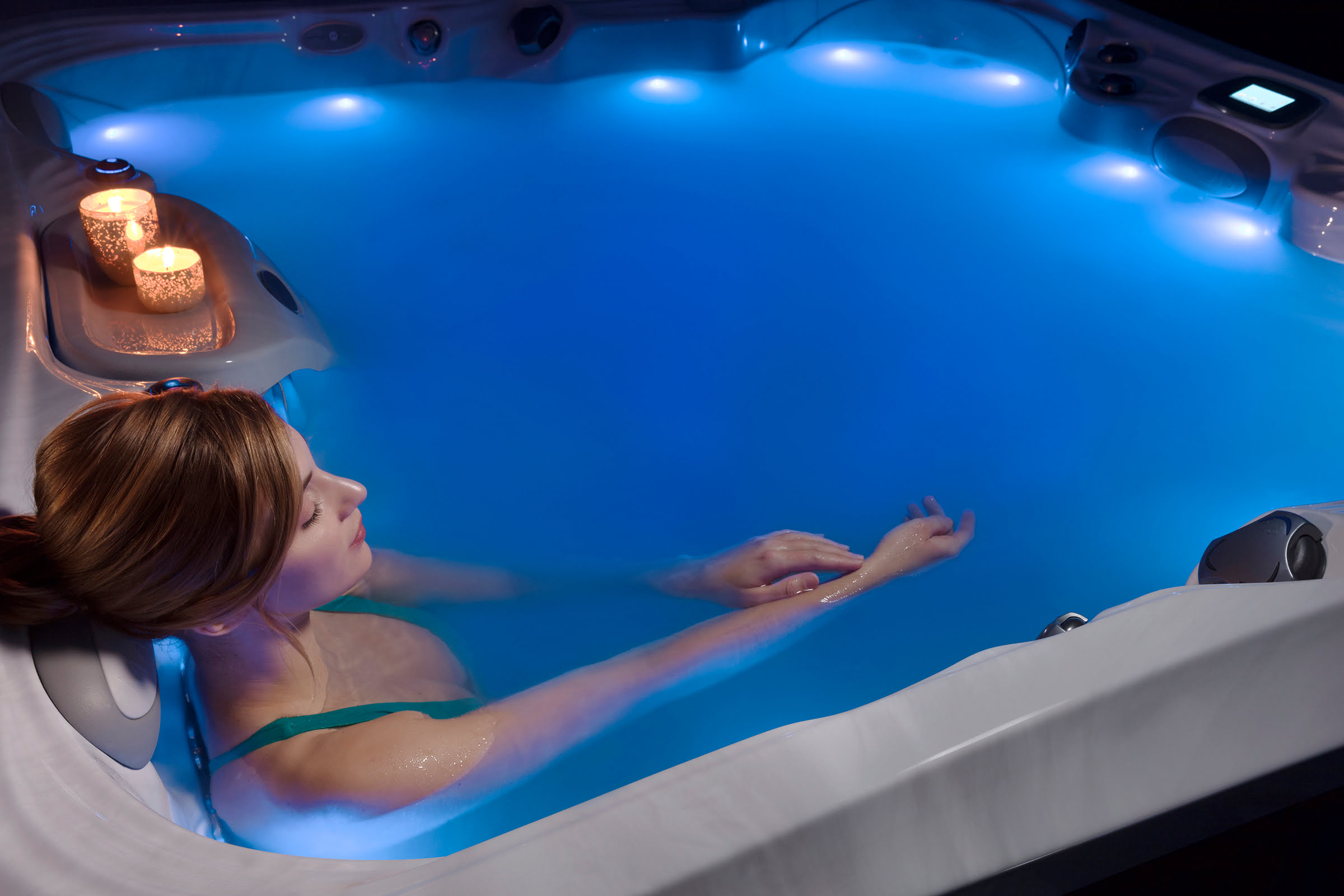

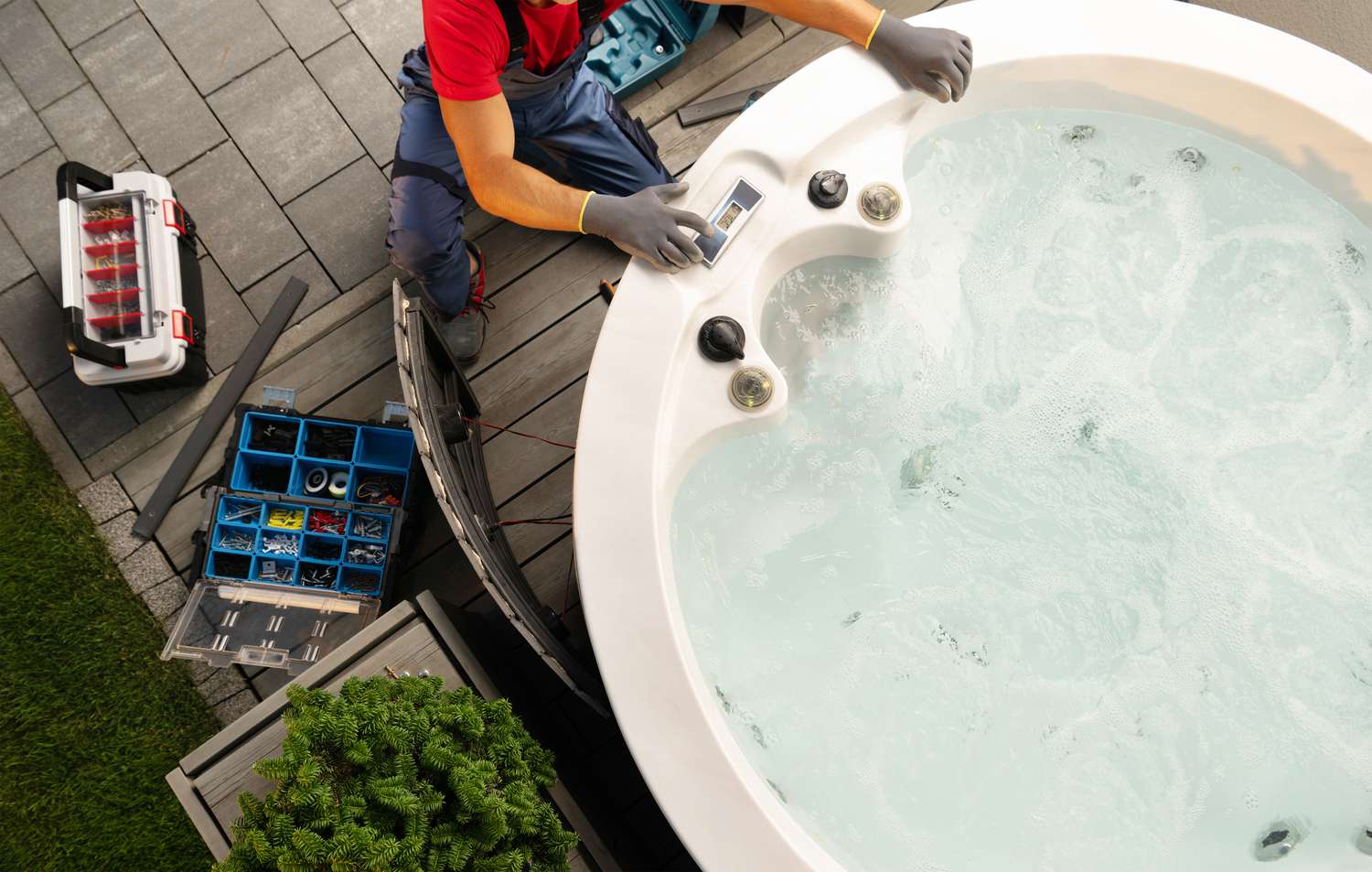
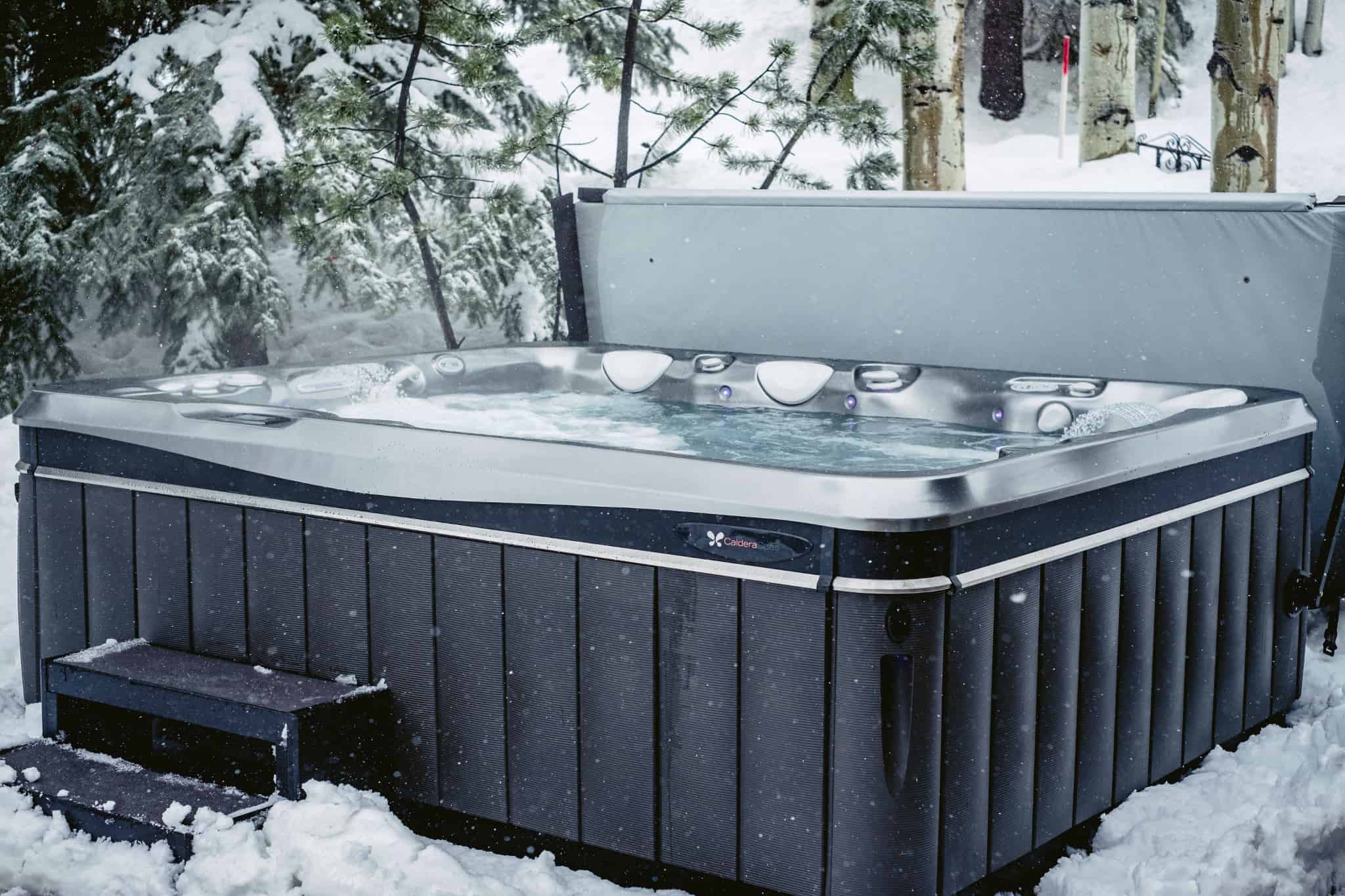




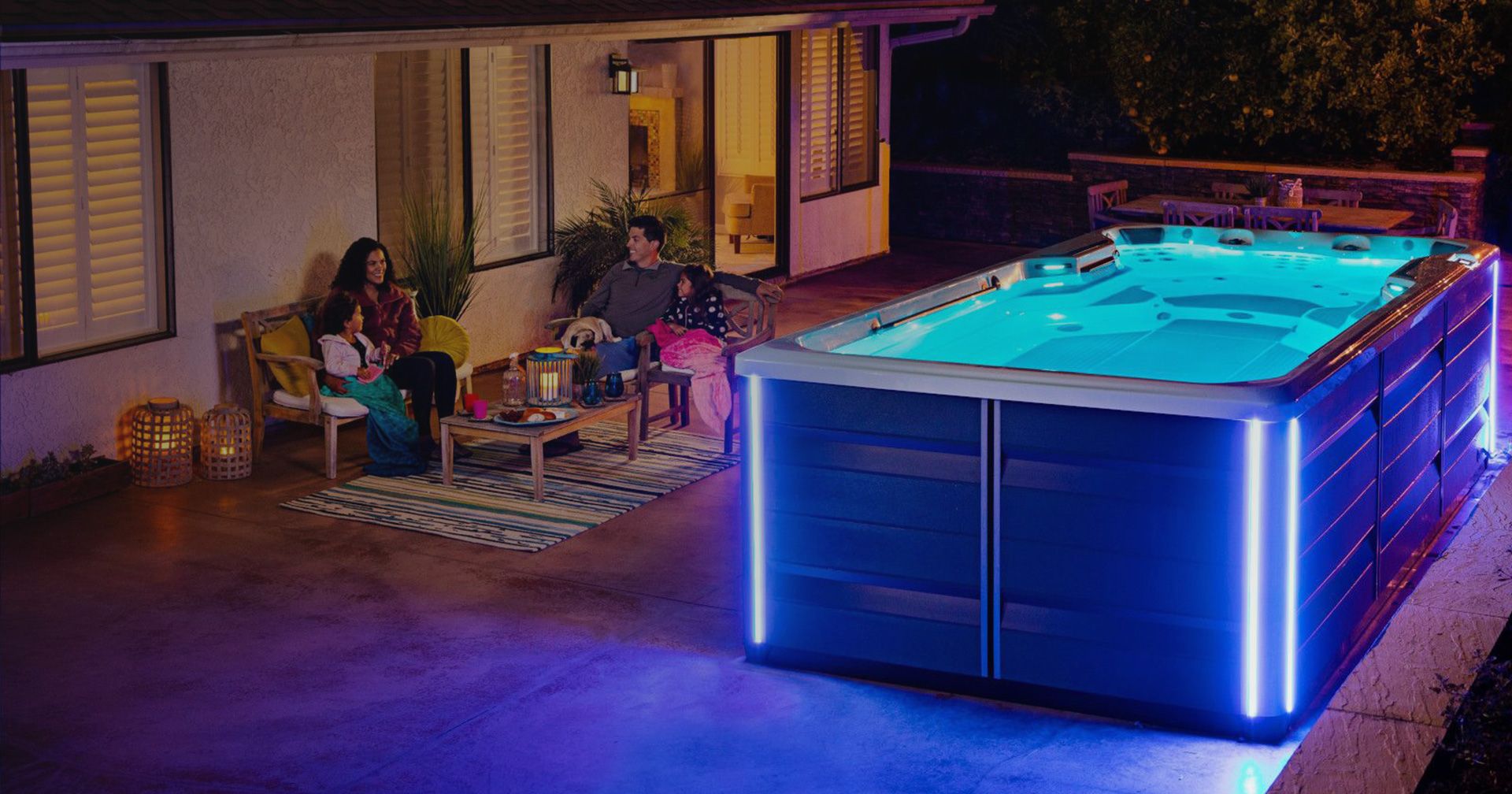
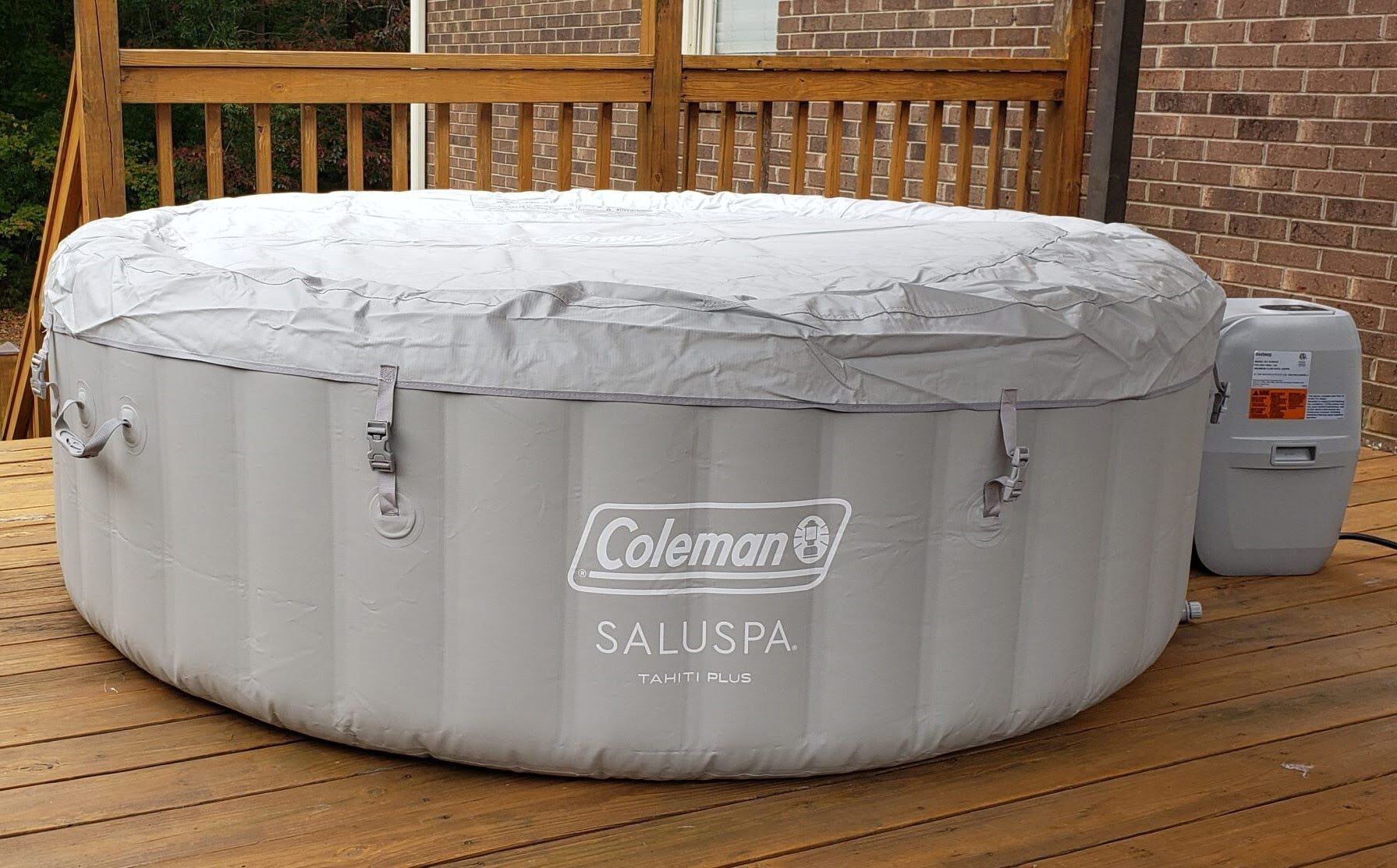

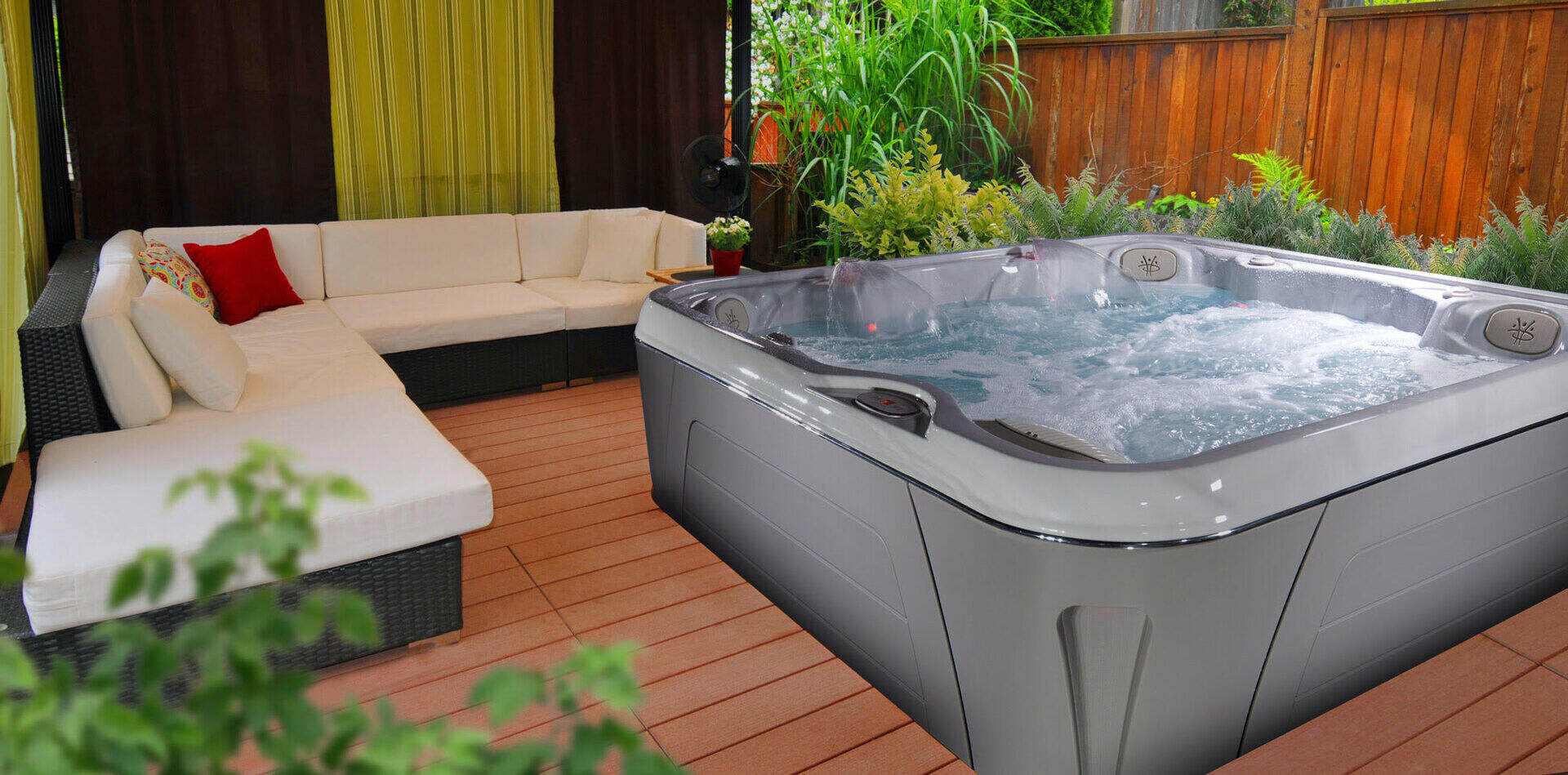



0 thoughts on “What Can Happen If You Stay In A Hot Tub Too Long”